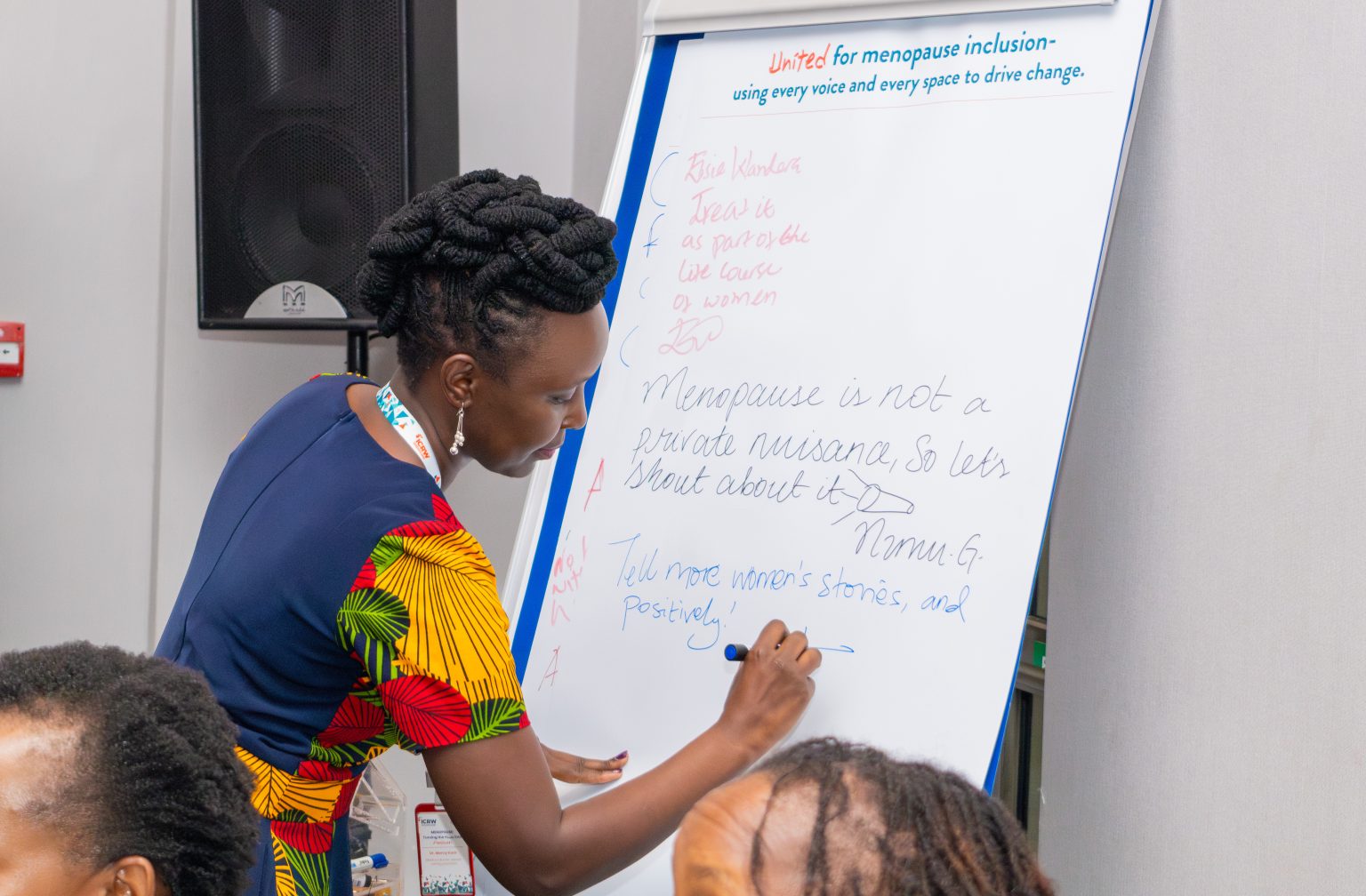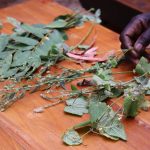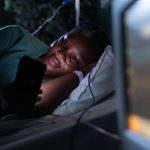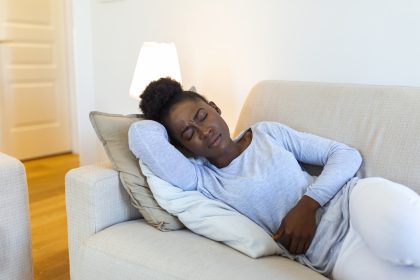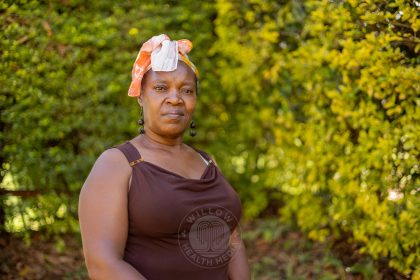The landmark event showed how lack of media attention, inadequate workplace policies, and widespread public misunderstanding form a single, interconnected problem.
When half the population spends 25 per cent of their lives in poor health but receives only one per cent of research funding, whose story are we really telling?
This is the question Dr Mercy Korir, the CEO of Willow Health Media, posed during Kenya’s first-ever Menopause Conversation in Nairobi, on August 20, 2025.
She informed the audience comprising legal minds, medical professors and women’s advocates that “From a media perspective, we don’t have that information. From a medical perspective, also, we don’t have that information.”
This explained why the media is largely silent on menopause.
The statistics she shared painted a grim picture: Globally, only one per cent of research funding is dedicated to women’s health. Despite this, 90 per cent of medicines have unknown effects on women during pregnancy and lactation.
Women spend 25 per cent of their lives in poor health, yet medical research has historically overlooked them. Gender-specific data was only required to be reported from 2016, less than a decade ago.
Women who hardly understood what was happening to their bodies
Dr Korir noted that the statistics were even thinner when it came to menopause and urged journalists to be more proactive in digging information on women’s issues from credible sources. Drawing from her over a decade in media, Dr Korir said, “We have very good people willing to tell these stories. But sometimes they don’t know who to talk to, who to ask, or if the experts are available or willing to give them time.”
Menopause has been a silent battle, fought by women who hardly understood what was happening to their bodies for decades.
Millie Odhiambo, MP and Minority Party Whip in the National Assembly, emphasised the need for government attention to chronic conditions affecting older women, including vaginal atrophy, reproductive cancers, cardiovascular diseases, sexual difficulties and hormonal changes. “We must look at interventions for both men and women of advanced age, including genitourinary conditions, gynaecological malignancies, and menopause,” she said.
She reflected on how menopause affects relationships: “Men don’t realise that as women age, our bodies slow down. When a woman loses interest in sex, a partner might suspect infidelity. This is why we see men in their 60s divorcing and remarrying, and people wonder what’s going on.”
Reproduction is more than just diseases and abortion
Millie also highlighted her proposed reproductive health bill, which takes a life-cycle approach, addressing issues affecting women at all stages of life.
“When people think of reproduction, they think of diseases and abortion. But women face reproductive challenges from childhood to old age. These issues have been treated as peripheral. They must be at the centre of policy, legislation, and governance,” she said.
Lady Justice Njoki Ndung’u, Judge of the Supreme Court of Kenya, highlighted the legal framework supporting women’s rights during menopause, including respect and dignity, flexible working hours at the workplace, the right to health, including reproductive health and protecting older members of society, who are most affected by menopause.
Justice Ndung’u stressed the need for including menopause in the curricula.
Betty Maina, former Cabinet Secretary, highlighted the business angle media often misses: Those undergoing menopause are the senior staff making critical decisions which affect the productivity of the company, considering “Untreated symptoms can lead to brain fog in senior decision-makers, loss of experienced employees, and reduced productivity in households and organisations alike.
The first-ever Menopause Conversation in Kenya revealed that the gaps in media coverage, workplace policy, and public understanding are deeply interconnected.
Dr Korir called for multisectoral collaboration in training journalists who, most times, are “willing to tell these stories” as “only then can we start telling the full story of women’s health in Kenya.”



